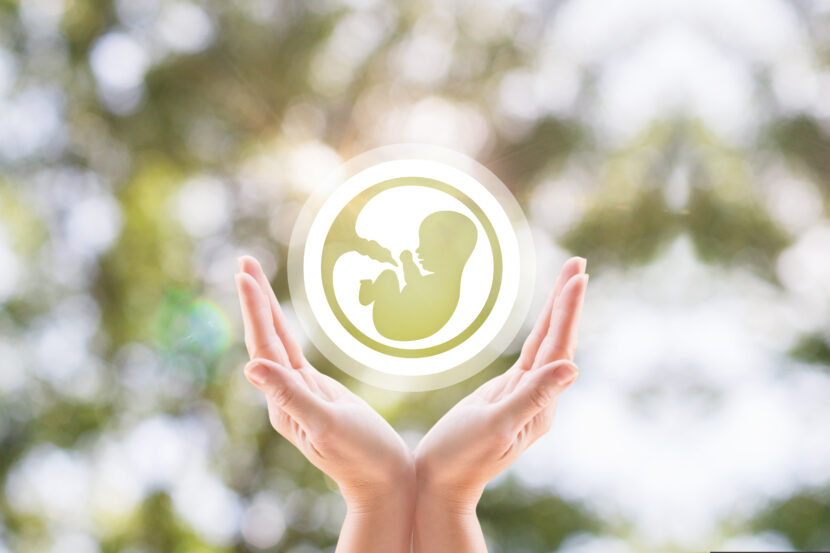For many couples, the time leading up to conception is both exhilarating and uncertain. Particularly if you have an underlying condition, you can have numerous inquiries on how to get pregnant.
Here are a few pregnancy tips to help you begin your journey to parenthood.
8 Scientifically Supported Pregnancy Tips
Traditional pregnancy tips like eating a certain diet or refraining from strenuous activities while trying to conceive are not enough. Adopting scientifically supported pregnancy advice could aid in conception.
1. Record menstrual cycle frequency
You should keep track of the time between your periods if you wish to become pregnant. It can help you anticipate your ovulation period (the time when ovaries release eggs to get fertilized).
Based on studies, a woman’s egg is only fertile for 12 to 24 hours after being released, whereas a man’s sperm can remain in a woman’s body for up to five days. Keeping track of this information on a calendar could therefore aid in conceiving quickly.
2. Monitor ovulation
Ovulation takes place 12 to 16 days before the beginning of your next period. In the event of irregular periods, ovulation can be tougher to predict. However, you can use various methods to determine your ovulation period.
● Use home ovulation prediction kits.
● Check vaginal discharge. The amount of vaginal discharge increases during ovulation, and it becomes thin, clear, and slippery. A 2013 study showed women who regularly checked their vaginal discharge were 2.3 times more likely to conceive sooner.
● Track basal body temperature. Your body temperature will increase above 97 degrees Fahrenheit once your ovary releases an egg into the uterus and remain there for several days. Therefore, monitoring your body temperature every morning can help you to anticipate your ovulation period.
3. Maintain a healthy body weight
A woman’s weight can affect her ability to conceive. According to studies, a woman with an overweight body mass index (BMI) may need twice as long to get pregnant as one with a normal weight BMI. Also, getting pregnant could take four times as long for an underweight woman. So, healthy body weight can help conceive faster.
4. Eat healthy foods
Eating a range of healthy foods can assist in preparing a woman’s body for pregnancy by ensuring that she has plenty of nutrients like calcium, protein, and iron. Thus consuming a mix of fruits and vegetables, lean protein, whole grains, dairy products, and healthy fat sources is necessary for getting pregnant.
You might also want to reconsider your caffeine intake. Consuming more than 200 mg(less than 2 cups of coffee) of caffeine can alter your chances of getting pregnant.
5. Commit to a light exercise routine
Since excessive activity or repeated hard workouts may prevent women from ovulating, switching to a light form of exercise become an option.
Commit to doing 30 minutes of cardiovascular activity five to six days a week. It assists women in achieving their optimal weight, which may speed up conception.
6. Avoid smoking and drinking alcohol
Smoking can affect a woman’s ability to conceive because nicotine and carbon monoxide in cigarette smoke prematurely age the ovaries and speed up egg loss.
It may be challenging for a woman to become pregnant if she consumes alcohol at moderate (one to two drinks per day) or heavy (more than two drinks per day) levels, according to studies. Alcohol consumption might potentially damage the eggs.
7. Infertility evaluation
If the woman is 35 or older and hasn’t become pregnant after six months of regular sex, both partners should think about getting an infertility evaluation. Early diagnosis of the issues might make it possible for women to conceive more quickly in the future.
8. Be aware of age-related fertility decline
As you become older, your chances of becoming pregnant decline. It occurs due to a decrease in the amount and quality of the eggs in the aging ovaries.
An increased risk of age-related health issues like uterine fibroids, endometriosis, and fallopian tube blockage further decreases the likelihood of getting pregnant.
